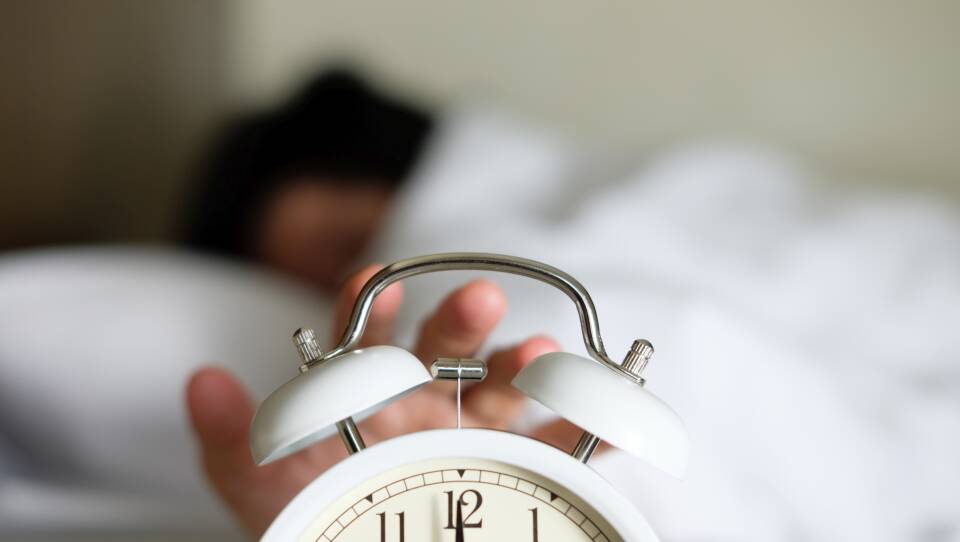Uncertainty about the coronavirus pandemic and new routines have made it difficult for many people to get a good night's rest. WGBH Morning Edition host Joe Mathieu spoke with Dr. Aarti Grover, the medical director of the Center for Sleep Medicine at Tufts Medical Center, to learn more about how and why the pandemic is affecting sleep, and what people can do about it. The transcript below has been edited for clarity.
Joe Mathieu: What about this pandemic is keeping us up at night?
Dr. Aatri Grover: I am not surprised that people are not sleeping well. There's been a lot of disruption in our daily lives, as you know. There's a lack of schedule in a lot of our lives, which has changed quite a bit. We have lost a lot of our daily anchors, such as waking up in the morning and getting ready to go to work. And a lot of people now are not having to do that commuting, dropping kids off to school [and] picking them up. So we've lost a lot of that. People aren't getting exposed to a lot of natural light because they're working from home, maybe not opening their shades and they're just staying in the dark and not getting enough natural light. So we have a lot of these new disruptions we never had before.
And as you know, there's a lot of anxiety and worry related to the disease itself. People may have family members in the hospital who are sick [or] may have been furloughed from work — again, adding on to the stress of dealing with the disease itself.
Mathieu: So there's any number of things to worry about, obviously; we can all list them. But it's interesting what you mentioned about light. Is that affecting our melatonin levels?
Grover: Yes. Our circadian rhythm is very crucial. Our zeitgebers are cues, and if we don't get enough natural light during the day, our body needs to kind of adjust to that. So people may not be getting enough of that light if they're sitting at home, working from home, maybe in dark houses or dark rooms [and] they don't open their shades. That may be affecting some of the sleep cycles. As you know, a lot of us are on screens and maybe we're spending a lot more time on our screens now — on our phones, televisions at home or our computers and laptops. That's also affecting our melatonin release.
Mathieu: I know that sleep disorders can come in a lot of different forms, Doctor. For some, it's trouble falling asleep. For others, they fall asleep very easily, but then wake up in the middle of the night and stare at the ceiling for hours. Do those tell us anything about what's going on?
Grover: A lot of patients did have insomnia before the coronavirus pandemic, and I think a lot more patients may be developing insomnia because of the changes in their sleep schedules. So get your heart going, eat healthy because you're cooking at home, so people might be eating a lot more. Some people are eating healthier than before, but other people aren't. So just try to stay active during the day.





